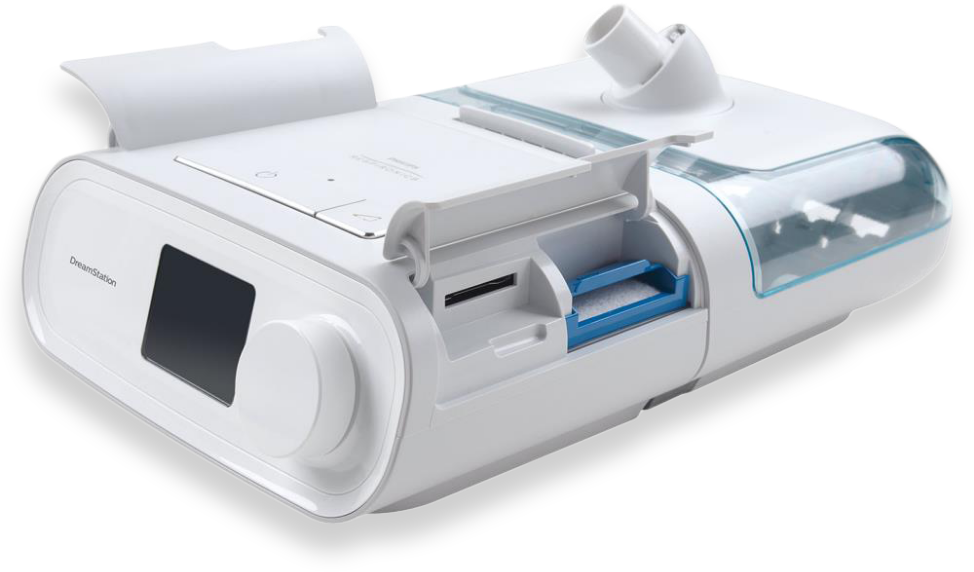CPAP Machines – Pros Vs. Cons
CPAP stands for Continuous Positive Airway Pressure, and they work by constantly applying pressure through an airstream to a person’s airways to keep them open whilst they sleep. This allows users to sleep and breathe comfortably and restfully throughout the night. That said, some people do have concerns about whether a CPAP machine may be right for them. Read on to find out more about CPAP machines.
Pro: Treatment of Sleep Apnea
The pro of CPAP machines is it helps with the treatment of sleep apnea. The CPAP machine is one of the most popular treatments for sleep apnea, a sleep disorder that results in the interruption of a person’s breathing during their rest. This may happen many times during the night, and it prevents those affected from feeling properly rested upon waking up. This inability to achieve a proper state of restfulness has been shown to be linked to other medical conditions such as hypertension.
Some CPAP machines even go beyond just assisting in the alleviation of symptoms associated with sleep apnea. The Dreamstation Auto CPAP with its touch screen display, also collects data on your CPAP therapy records, hours, and data via the DreamMapper App and Desktop Tool to give you feedback on the progress of your CPAP therapy.
Cons: Discomfort in Wearing and Allergies
There are some cons associated with the use of CPAP Machines, which include:
- Discomfort Wearing the CPAP Machine
Some people experience discomfort wearing the CPAP mask for the first time, and this may be due to the tightness of the mask or the feeling of the mask’s edges against their skin. They may also complain of feeling claustrophobic. Whilst wearing a CPAP machine, you are also usually required to lie down on your back, which can be uncomfortable for people who are used to lying on their sides.
There are ways to alleviate the discomfort of wearing the mask, overcoming it simply takes time. So, give it a couple of nights to get used to the sensation of the mask. You may also consider wearing it during the day whilst doing chores around the home to overcome any fears you may have whilst wearing it. You can also refer to your product instructions booklet to get a better idea on how to adjust the mask to make it feel more comfortable. Finally, for those side sleepers, there are CPAP masks that are designed specifically for you. Just be sure to check with your CPAP machine provider regarding their availability.
- Dry Mouth, Runny Nose, and Allergies
Some CPAP users complain that the constant flow of air through the CPAP mask dries out their noses and/or mouths. This may lead to runny noses, bad breath, and even nose bleeds. Others complain that the CPAP masks may lead to allergy breakouts on their skin in the form of rashes, bruises, or itchiness.
What you can do to relieve the symptoms will be to consider purchasing a nasal saline spray to apply to your nose before going to bed. This will help the inner skin of your nostrils remain moist and supple throughout the night. Setting up a humidifier in your room may also assist in preventing your mouth from drying out whilst you rest. Finally, make sure to clean your mask regularly after use. Plenty of so-called “allergies” are actually skin infections due to the buildup of bacteria on the mask after regular use without sanitization. There are cleaning kits that can help you with your CPAP machine cleaning and maintenance. For instance, the SoClean 2 is an automated CPAP cleaning and sanitizing device that assists in cleaning your CPAP mask, hose, and reservoir during the day so that you can continue to wear it hygienically at night.

